Food ‘Protected Status’ worthwhile!
Discussion
Yesterday in ‘The Great Breakfast photo thread’ a contributor ‘Dibble’ posted an image of their breakfast, which included a very succulent looking ‘Cumberland sausage’.
In recent years I’ve noticed a proliferation of bangers retailed as ‘Cumberland sausages’, which led me to state, why don’t ‘Cumberland sausages, have ‘protected status’. I was incorrect, back in 2011 the Cumberland sausage was awarded ‘protected status’ if your sausages meet the guidelines you are permitted to display this logo.
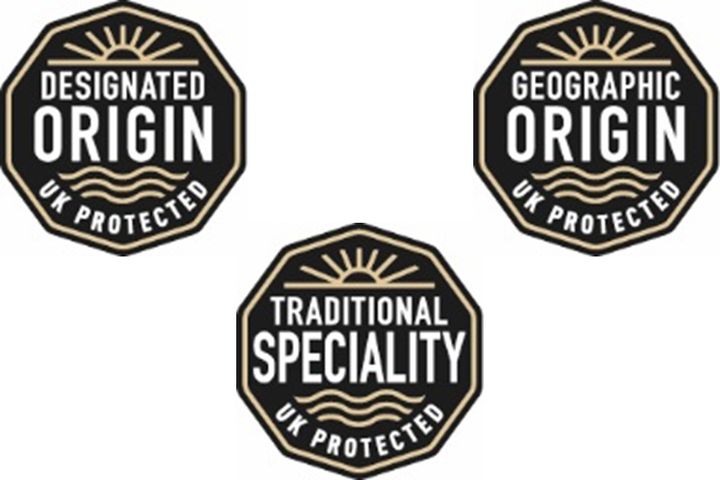
On your packaging.
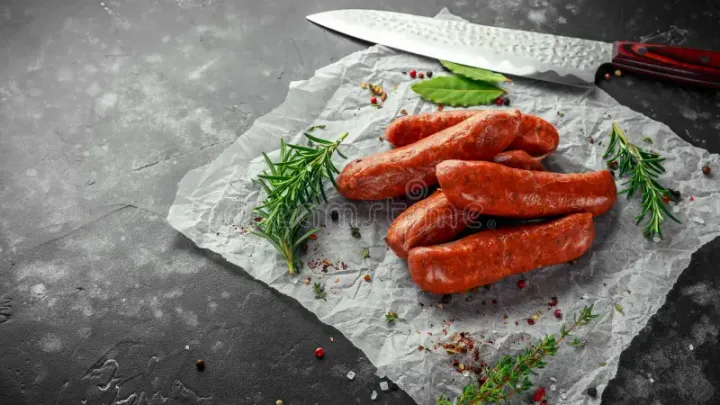
Except the authentic purveyors of ‘Cumberland’ probably only use this for packaging.
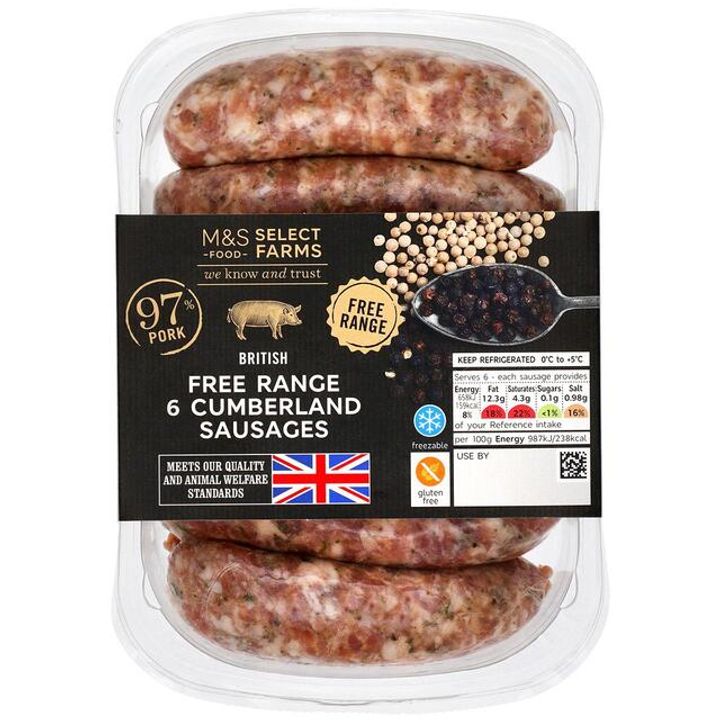
Whereas
This does not prevent any other manufacturer/retailer using the designation ‘Cumberland’ irrespective of where they are made. I thought this a bit odd, but then again it’s just about a sausage; how about something a bit more specific ‘Melton Mowbray Pork Pie’ surely to use that designation they have to come from somewhere geographically close.
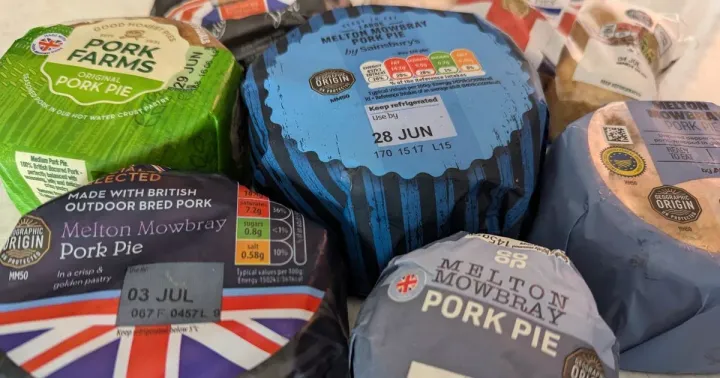
It does seem the MMPP, has to be manufactured in a geographical area close to Melton Mowbray to carry such a designation, roughly the East Midlands, that gives a fair bit of scope to stretch the definition of ‘Geographic Origin UK protected’.
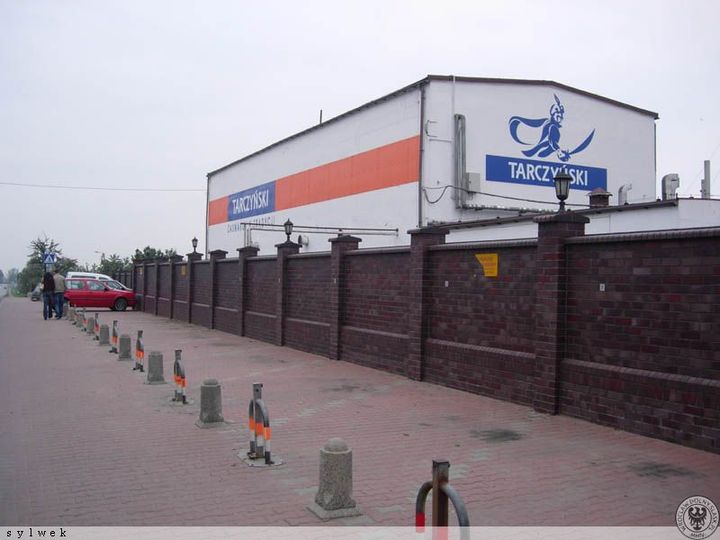
But what about the bangers, these can be manufactured in Trzebnica (nothing against Polish sausages) and still be labeled as ‘Cumberland sausages’.
Isn’t it all a bit smoke and mirrors?
In recent years I’ve noticed a proliferation of bangers retailed as ‘Cumberland sausages’, which led me to state, why don’t ‘Cumberland sausages, have ‘protected status’. I was incorrect, back in 2011 the Cumberland sausage was awarded ‘protected status’ if your sausages meet the guidelines you are permitted to display this logo.
On your packaging.
Except the authentic purveyors of ‘Cumberland’ probably only use this for packaging.
Whereas
This does not prevent any other manufacturer/retailer using the designation ‘Cumberland’ irrespective of where they are made. I thought this a bit odd, but then again it’s just about a sausage; how about something a bit more specific ‘Melton Mowbray Pork Pie’ surely to use that designation they have to come from somewhere geographically close.
It does seem the MMPP, has to be manufactured in a geographical area close to Melton Mowbray to carry such a designation, roughly the East Midlands, that gives a fair bit of scope to stretch the definition of ‘Geographic Origin UK protected’.
But what about the bangers, these can be manufactured in Trzebnica (nothing against Polish sausages) and still be labeled as ‘Cumberland sausages’.
Isn’t it all a bit smoke and mirrors?
The original rules where EU based.
We adopted them under a new framework and within the UK Cumberland Sausages do have some form of protection registered on the government website.
No idea how (or if) it's enforced as they all seem different to me.
Similarly I am not sure how this would be enforced in another country. In a similar vein, I *think* an english producer could sell Brie de Meaux in Britain (but not NI)
We adopted them under a new framework and within the UK Cumberland Sausages do have some form of protection registered on the government website.
No idea how (or if) it's enforced as they all seem different to me.
Similarly I am not sure how this would be enforced in another country. In a similar vein, I *think* an english producer could sell Brie de Meaux in Britain (but not NI)
I can understand it with certain products like Mont D’or Cheese as it relates specifically to a time of year that cows come down the Alp’s and don’t have enough milk to make Comte. The ingredients that make the product are very specific to this area. Obviously Cumberland sausage is just chopped pork with black pepper and other spices. None of which relates to the region. Same with MMPP. Seems a bit of a nonsense certification really.
Samworth Brothers, Leicestershire.
Just an inkling, but maybe a rather large percentage of the UK’s authentic ‘Melton Mowbray pork pies’ have passed through here.
Samworth Brothers is a British food manufacturer which produces a range of chilled and ambient foods, both own-label and branded. It is the owner of Cornish pasty maker Ginsters and malt loaf manufacturer Soreen, and is also known as a maker of certified Melton Mowbray pork pies.
It all seems a bit immaterial!
daqinggregg said:
Samworth Brothers, Leicestershire.
Just an inkling, but maybe a rather large percentage of the UK’s authentic ‘Melton Mowbray pork pies’ have passed through here.
Samworth Brothers is a British food manufacturer which produces a range of chilled and ambient foods, both own-label and branded. It is the owner of Cornish pasty maker Ginsters and malt loaf manufacturer Soreen, and is also known as a maker of certified Melton Mowbray pork pies.
It all seems a bit immaterial!
In the large scheme of things it doesn’t really matter, I imagine most people realise that their food has passed through a large production/processing plant, most/all of which will be governed by very stringent safety regulations.
I would imagine the general public recognises, if you want home made/artisan/authentic you need to purchase from the point of retail/production, i.e. a butchers, farm shop or bakers, of course some of those are open abuse.
My original question “Food ‘Protected Status’ worthwhile!” If large conglomerates are investing in compliance to ensure they can use ‘Protected Status’ does that designation have a role to play in food labeling, I’m not sure.
I’m all for labeling that promotes ethical farming and food production, that enables customers to make an informed decision. However, ‘Designated Origin’ seems a bit woolly and too vague.
I would imagine the general public recognises, if you want home made/artisan/authentic you need to purchase from the point of retail/production, i.e. a butchers, farm shop or bakers, of course some of those are open abuse.
My original question “Food ‘Protected Status’ worthwhile!” If large conglomerates are investing in compliance to ensure they can use ‘Protected Status’ does that designation have a role to play in food labeling, I’m not sure.
I’m all for labeling that promotes ethical farming and food production, that enables customers to make an informed decision. However, ‘Designated Origin’ seems a bit woolly and too vague.
Gassing Station | Food, Drink & Restaurants | Top of Page | What's New | My Stuff





 te. Makes a mockery of the protected status.
te. Makes a mockery of the protected status.